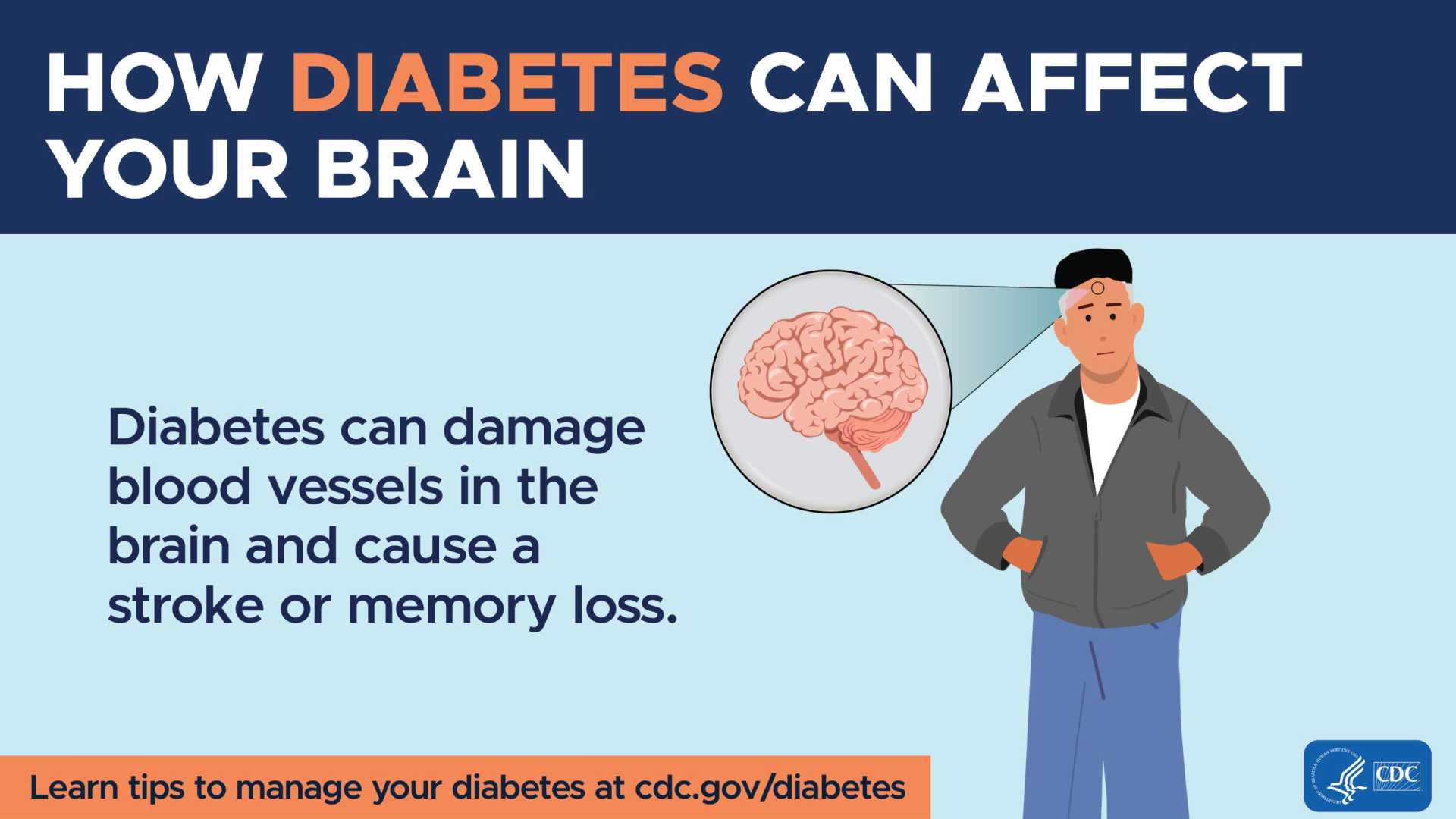Health
High Blood Sugar Linked to Memory Loss and Alzheimer’s, Doctors Warn

Mumbai, India — Doctors are sounding the alarm about the connection between high blood sugar and memory loss, including Alzheimer’s disease. A growing body of research suggests that Type 2 diabetes may be closely linked to a higher risk of developing Alzheimer’s, often referred to as Type 3 diabetes by experts.
Dr. Manoj Chawla, a consultant diabetologist at P.D. Hinduja Hospital in Mumbai, warns that the effects of diabetes on the brain are frequently overlooked. “We often overlook the brain when talking about diabetes complications,” he said. “But high blood sugar and insulin resistance can directly affect brain health, sometimes irreversibly.”
The prevalence of diabetes in India continues to rise, with cases projected to increase by 46 percent by 2045. Experts say this rise in diabetes also raises the risk of cognitive decline. Dr. Rohin Dubbal, a consultant neurologist at Fortis Hospitals in Mumbai, stated, “The brain is not immune to the effects of high glucose,” adding that it can lead to oxidative stress and inflammation in the hippocampus, a critical area for memory.
Studies indicate that individuals with diabetes are 50 to 60 percent more likely to develop Alzheimer’s disease. Dr. Dubbal explains this phenomenon, noting that Alzheimer’s may share similar characteristics with diabetes, particularly in how insulin resistance affects brain cell energy processing, leading to early cognitive decline.
To combat these risks, medical professionals recommend routine cognitive assessments for diabetic patients over 50 and encourage maintaining strict blood sugar control through a balanced diet, regular physical activity, and mental exercises like reading and puzzles. Dr. Chawla emphasized, “While we may not be able to reverse cognitive decline completely, we can definitely slow it down. Consistent effort and early action are crucial.”
The dangers of hypoglycemia, or sudden drops in blood sugar, are equally concerning. Dr. Dubbal warned that severe or frequent low blood sugar episodes can cause vascular damage in the brain, leading to further cognitive issues.
As the dual epidemic of diabetes and dementia looms, both doctors agree that recognizing the link between these conditions is vital. “Diabetes is no longer just about sugar levels. It’s about preserving independence, memory, and dignity as you age,” Dr. Dubbal concluded.












